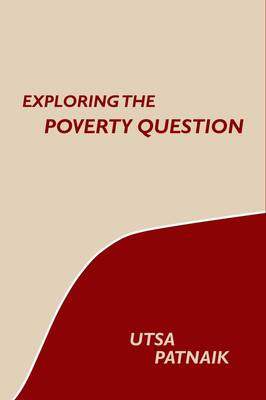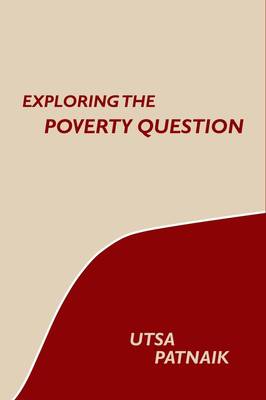
- Afhalen na 1 uur in een winkel met voorraad
- Gratis thuislevering in België vanaf € 30
- Ruim aanbod met 7 miljoen producten
- Afhalen na 1 uur in een winkel met voorraad
- Gratis thuislevering in België vanaf € 30
- Ruim aanbod met 7 miljoen producten
Zoeken
Omschrijving
The author argues that the claim by individual governments and by the World Bank that Asia has seen a large reduction in poverty over the last three decades, is a spurious claim. It is the result of a logical mistake; while the original definition of poverty was on the basis of satisfaction or otherwise of specified nutrition norms, later without any discussion this definition was changed and delinked from nutrition, thereby committing the fallacy of equivocation. In practice, for many decades the poor have been improperly counted as those below a steadily declining standard of food consumption. Using data for fifty years from India's National Sample Survey, she shows that when we apply a constant nutrition standard over time, poverty is seen to have worsened considerably, in particular over the period of neoliberal reforms.
Specificaties
Betrokkenen
- Auteur(s):
- Uitgeverij:
Inhoud
- Aantal bladzijden:
- 308
- Taal:
- Engels
Eigenschappen
- Productcode (EAN):
- 9788196580339
- Verschijningsdatum:
- 20/01/2026
- Uitvoering:
- Hardcover
- Formaat:
- Genaaid
- Afmetingen:
- 159 mm x 241 mm

Alleen bij Standaard Boekhandel
+ 108 punten op je klantenkaart van Standaard Boekhandel
Beoordelingen
We publiceren alleen reviews die voldoen aan de voorwaarden voor reviews. Bekijk onze voorwaarden voor reviews.








